In this episode on the We’re Not Stumped podcast, I’m honored to have Elysia Everett, founder and CEO of Friendly Like Me.
Friendly Like Me is an innovative app dedicated to finding and reviewing accessible places. Its mission is to enhance accessibility in public spaces and make it easier for everyone to discover accessible locations, ensuring more people can participate in various activities without hindrance.
Access to accurate accessibility information is vital for full participation in society. Unfortunately, such information is often scarce, subjective, and difficult to find. This lack of reliable data frequently prevents individuals from engaging in activities they would otherwise enjoy, including visiting size-friendly and accessible businesses across the United States. Friendly Like Me is committed to changing this, benefiting everyone.
Through collaboration with reviewers, advocates, and business owners, Friendly Like Me strives to create more welcoming and accessible places. The platform facilitates interaction between people and businesses about specific accommodations needed to attract customers who prioritize accessibility. It’s worth noting that US adults with disabilities, including many individuals of higher weights, represent the third-largest market segment in the country. According to the American Institute for Research, the discretionary income for working-age persons with disabilities is $21 billion.
Businesses can claim their listings on Friendly Like Me to inform patrons about their amenities and any limitations. Transparency is key—it’s very friendly to let people know in advance if they cannot accommodate them. Friendly Like Me’s reviews focus on the presence or absence of specific accommodations, reducing the subjectivity often found in star-based review systems.
Links:
Friendly Like Me Website: https://www.friendlylikeme.com/
#accessible #accessibleliving #accessibleeducation #accessibility #accessibilityawareness
Listen on Apple Podcasts
Watch on YouTube
Listen on Spotify
In this uplifting episode of We're Not Stumped, host Mike Bolland welcomes Latonyia Billops, a bilateral above-knee amputee, who shares her remarkable story of surviving a traumatic car accident that changed her life forever. While helping a stranded motorist, Latonyia was struck by a truck that crossed the highway median—resulting in the loss of both her legs. Despite unimaginable trauma, Latonyia never lost her faith. She opens up about how her spiritual foundation guided her recovery, her refusal to fall into depression, and how she’s used her experience to advocate for others navigating prosthetic care and life with limb loss. Latonyia also shares insights into the adaptive equipment she uses to maintain independence—such as a sliding board, bath bench, and commode topper—and how these tools have helped her live with greater comfort and dignity. Plus, she reveals her dream of entering a wheelchair pageant, showcasing her confidence and self-love.
In this empowering episode of We’re Not Stumped, host Mike Bolland sits down with Dr. Jackie Garcia, PT, DPT — a bilingual physical therapist, neurologic specialist-in-training, and founder of Nxt Stride Rehab — a virtual coaching program transforming how amputees recover, rebuild, and thrive. Jackie opens up about her journey into physical therapy, her passion for supporting individuals with limb loss and spinal cord injuries, and how a gap in care inspired her to launch a program that brings expert support directly into people’s homes — no matter where they live.
In this powerful conclusion to the Triple A’s of Limb Loss series, host Mike Bolland explores the third and perhaps most impactful "A"—Attitude. Born without a right hand, Mike shares how attitude isn't just a mindset—it's a survival tool. With honesty and humor, he dives into how your outlook shapes your journey after amputation, influences your recovery, and determines how you show up for yourself and others. Whether you’re newly navigating limb loss or years into your journey, this episode is a reminder that while we can’t control everything, we can control how we respond.




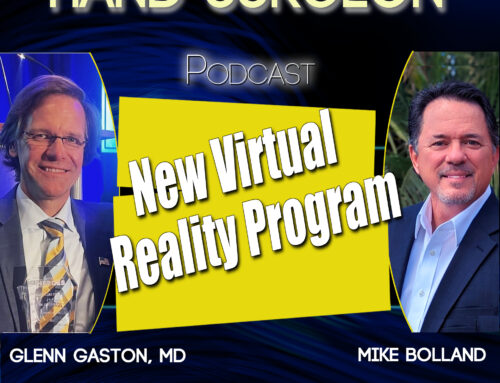
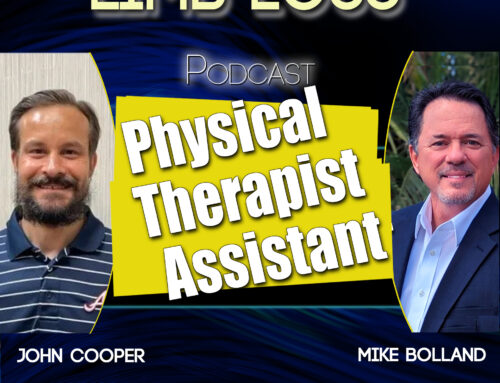
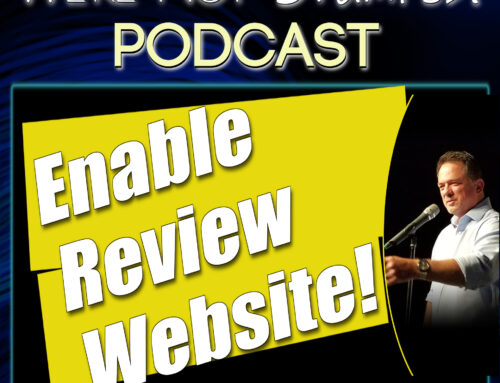
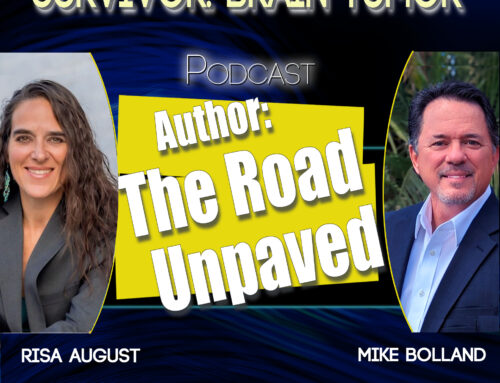
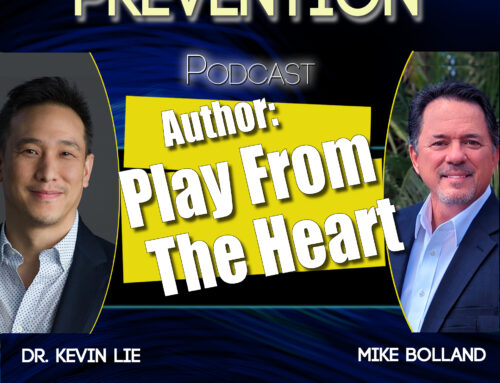
Leave A Comment